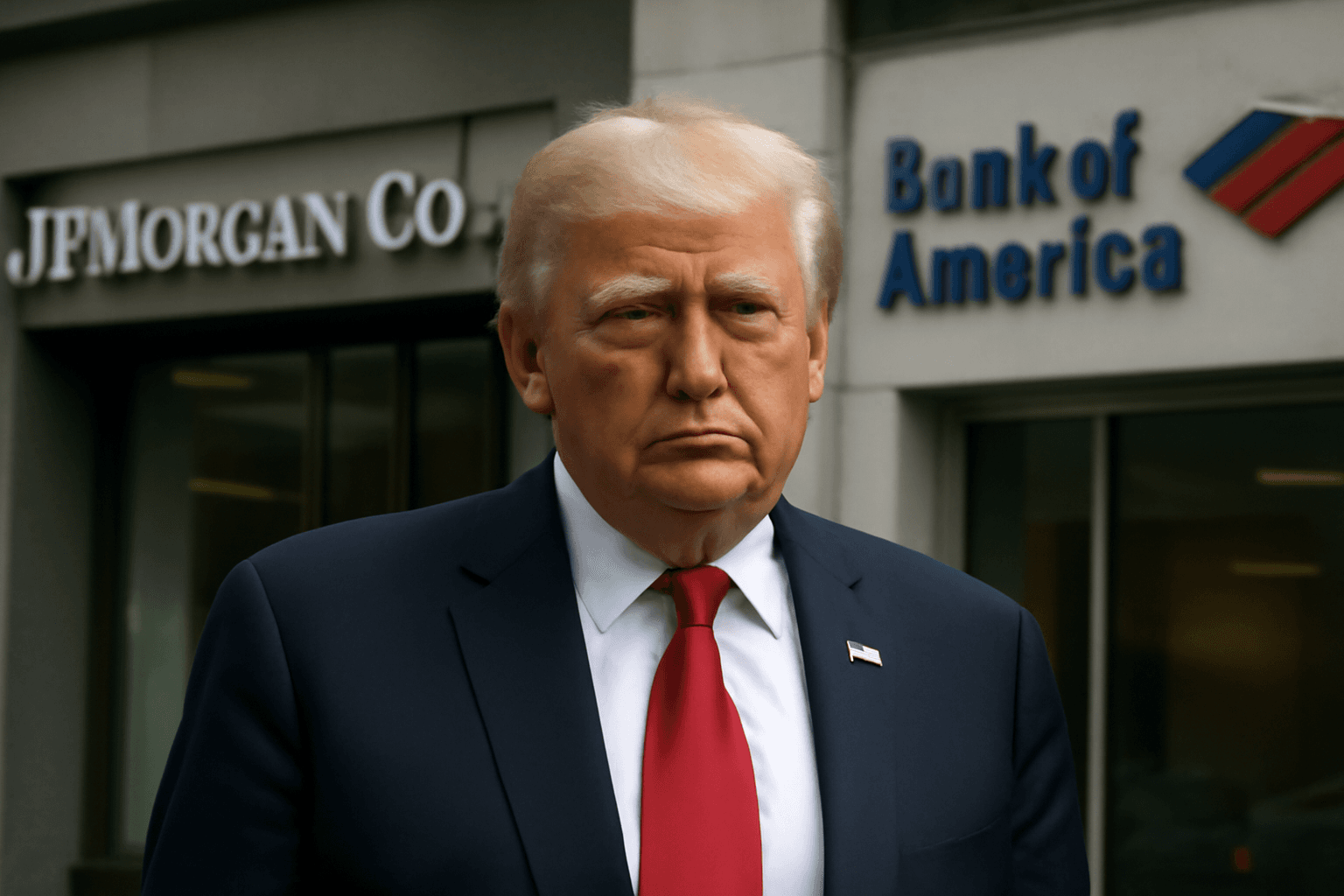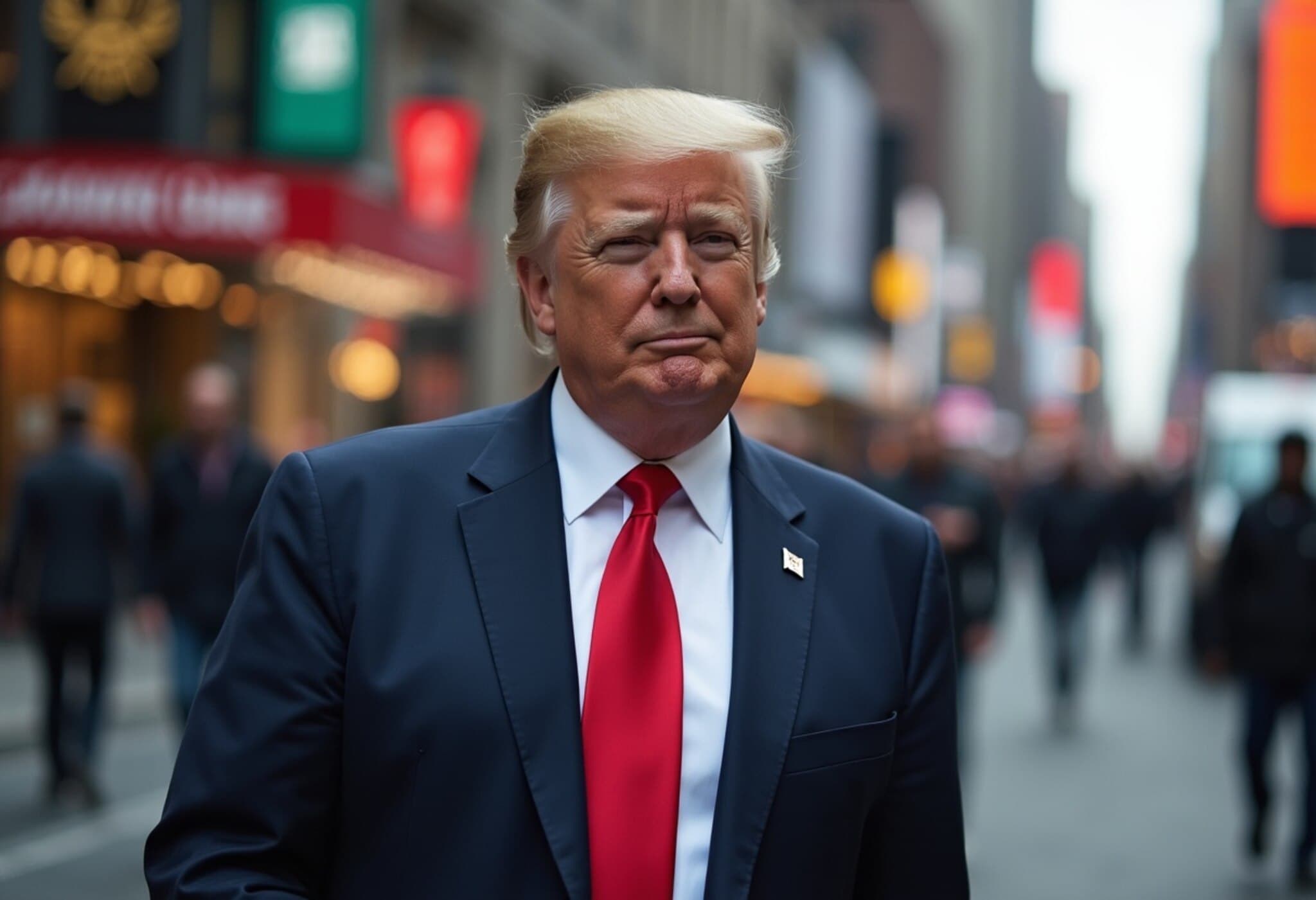Former Goldman Sachs and JPMorgan Executive Faces Fraud Charges Over Lost Investor Funds
Richard Kim, once a high-ranking executive at financial giants Goldman Sachs and JPMorgan Chase, has been indicted on serious securities and wire fraud charges following allegations that he misappropriated approximately $4 million of investor capital for an online casino venture, only to lose the bulk of it gambling within a single week.
An Accelerated Downfall: From Trusted Investor to Accused Fraudster
Kim, a 39-year-old from New York, left his role at Galaxy Digital in March 2024—where he was a venture fund investor for six years—and founded Zero Edge, an ambitious start-up aimed at building a blockchain-powered, cryptocurrency-enabled gaming app. However, court documents reveal that Zero Edge never materialized into an operating business, instead entering voluntary liquidation by December 2024.
The Scheme and Its Shocking Details
- Following a $4.3 million seed funding round in June 2024, Kim diverted around $3.8 million of investor funds to personal accounts.
- These funds were rapidly lost through leveraged cryptocurrency trading and high-stakes gambling on an online crypto casino site branded as a ‘VIP Crypto Casino and Sportsbook.’
- Kim initially concealed the true cause of the losses from investors, attributing them to a purported treasury management strategy instead of admitting to gambling losses.
- On June 29, 2024, Kim admitted in an email to some investors that he was solely responsible for a loss of nearly $3.67 million—a devastating blow to the company’s finances.
Legal Proceedings and Confessions
The Manhattan U.S. Attorney’s Office revealed that upon his arrest on April 15, Kim acknowledged to the FBI the wrongful nature of his actions, stating, “I knew what I did was clearly wrong from the beginning” and described it as “completely unjustifiable.” Despite this, Kim's defense attorneys engaged in discussions with prosecutors that delayed formal indictment, suggesting attempts at a possible resolution, which ultimately did not materialize.
Industry Context and Wider Implications
Kim’s case delivers a stark warning about the vulnerabilities in start-up funding environments—especially in high-risk sectors like blockchain gaming—where investor trust can be exploited through unchecked personal behavior. His history as a seasoned operator in foreign exchange and emerging markets trading adds a layer of complexity and disappointment, highlighting how even those with significant Wall Street experience are not immune to lapses in judgment and criminal conduct.
A Galaxy Digital spokesperson noted the company’s limited financial exposure to Zero Edge but emphasized their cooperation with authorities once Kim’s misuse of funds was uncovered. This incident underscores the continuing challenges investors face in vetting and supervising early-stage ventures within the burgeoning crypto and blockchain spaces.
Why Does This Matter?
Kim’s misuse of funds for personal gambling—even within an industry tied to gaming and crypto—raises fundamental ethical and legal questions about fiduciary responsibility in fast-evolving digital markets. His public admission of a gambling addiction puts a human face on the risks of behavioral factors influencing corporate mismanagement, a narrative often overshadowed in white-collar crime cases. It also invites broader debate on how regulatory frameworks must evolve to better safeguard investor interests amid technological innovation.
Looking Ahead: Lessons and Unanswered Questions
This unfolding story doesn’t just revolve around one individual’s misconduct but symbolizes the broader risks that can accompany the intersection of finance, technology, and personal vulnerability. How can investors better detect red flags? What support structures should be in place to identify and mitigate compulsive behaviors in executives? And how can regulators balance innovation with investor protection as crypto-related businesses proliferate?
Editor's Note
Richard Kim’s indictment is a cautionary tale about trust and accountability in the modern financial landscape. It challenges both investors and policymakers to rethink oversight mechanisms in nascent industries fueled by digital assets. While the technology promises new horizons, the human element—susceptible to failure—remains a critical factor that must not be overlooked. As the legal proceedings progress, observers will watch keenly for precedents that could shape the future of crypto venture governance.














